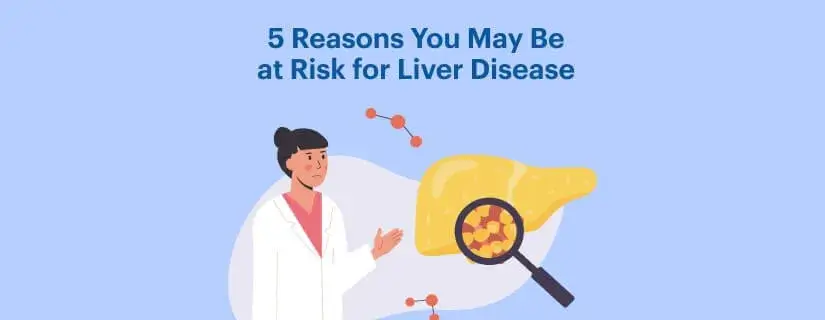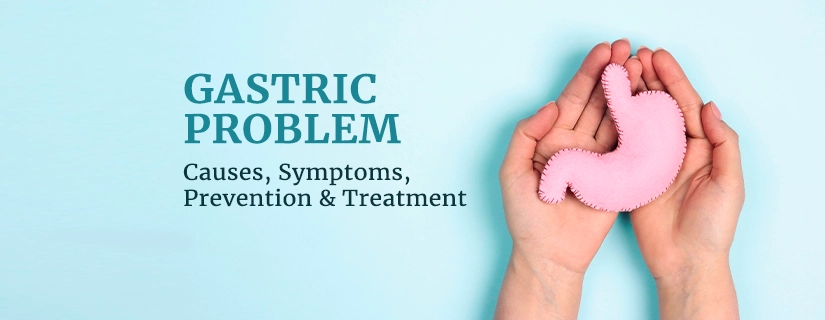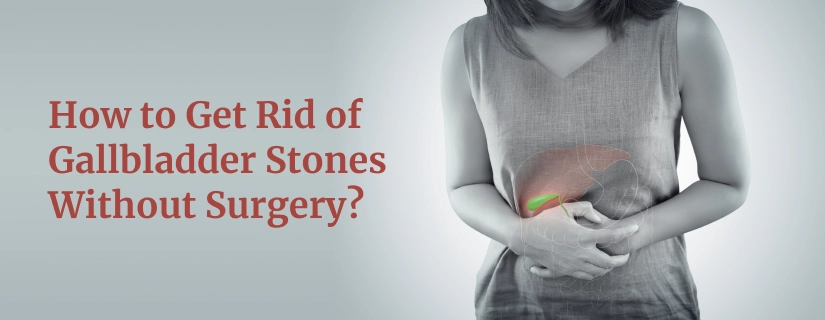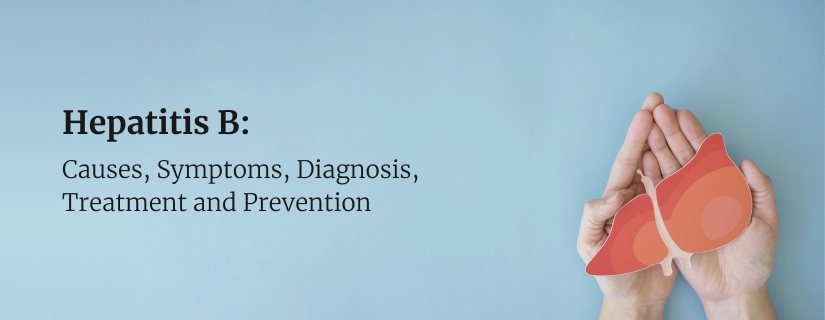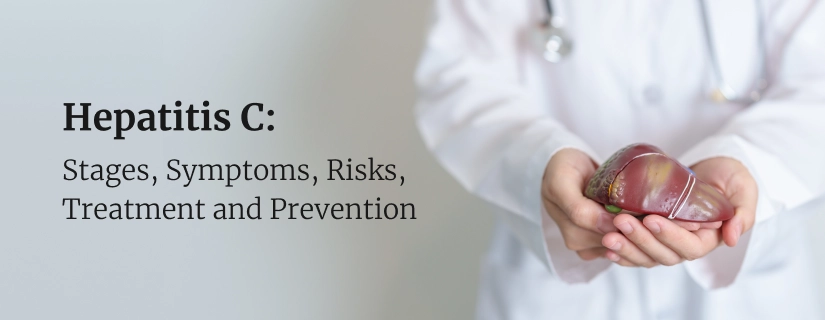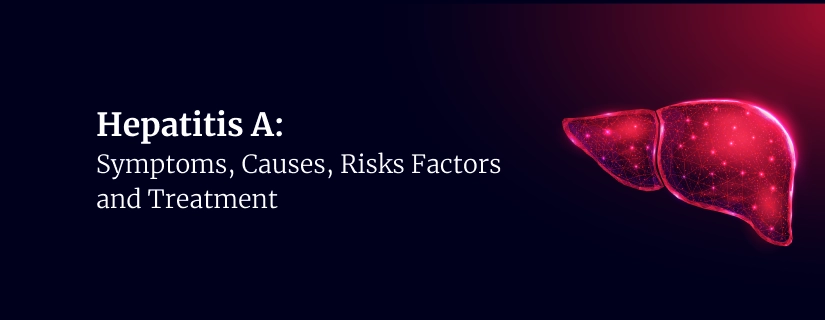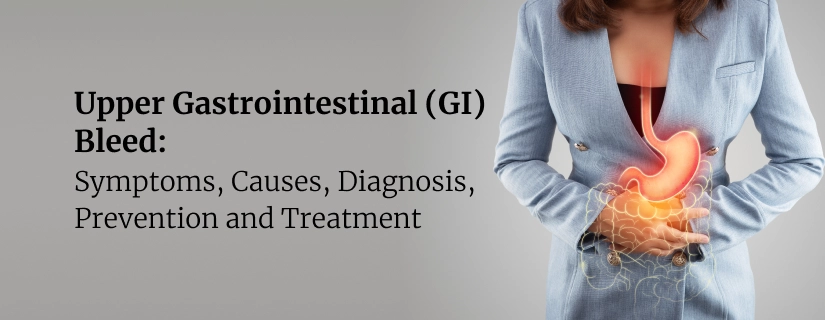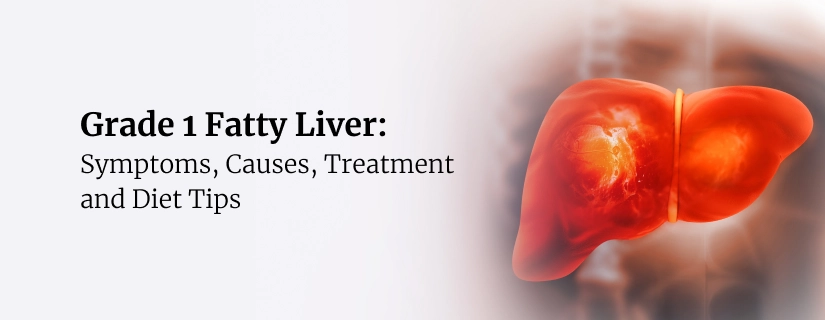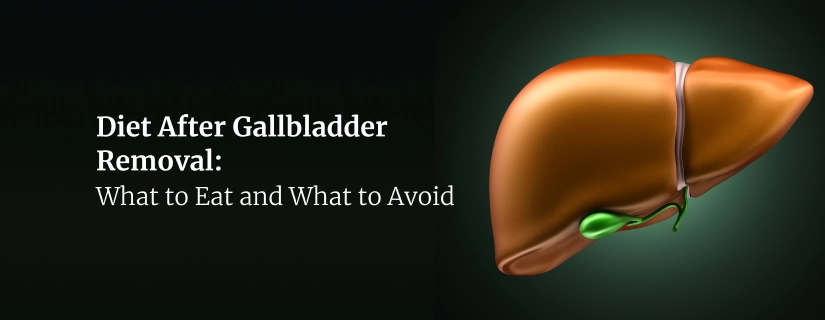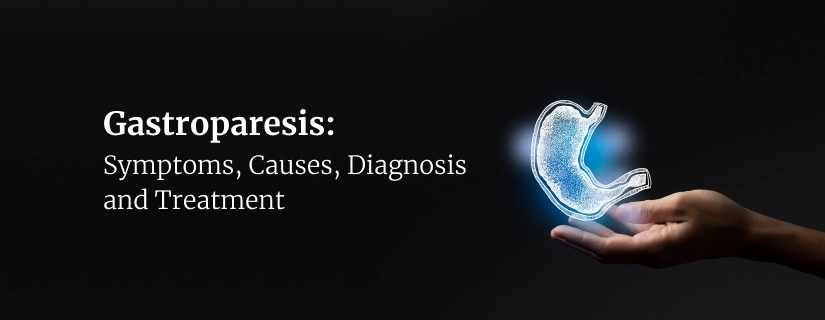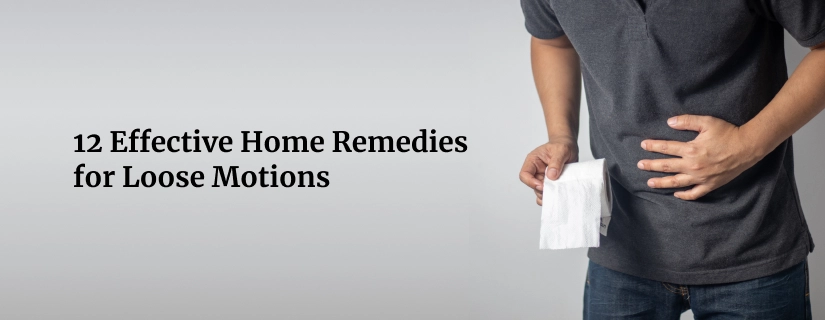-
Doctors
-
Specialities & Treatments
Centre of Excellence
Specialties
Treatments and Procedures
Hospitals & Directions HyderabadCARE Hospitals, Banjara Hills CARE Outpatient Centre, Banjara Hills CARE Hospitals, HITEC City CARE Hospitals, Nampally Gurunanak CARE Hospitals, Musheerabad CARE Hospitals Outpatient Centre, HITEC City CARE Hospitals, Malakpet
HyderabadCARE Hospitals, Banjara Hills CARE Outpatient Centre, Banjara Hills CARE Hospitals, HITEC City CARE Hospitals, Nampally Gurunanak CARE Hospitals, Musheerabad CARE Hospitals Outpatient Centre, HITEC City CARE Hospitals, Malakpet Raipur
Raipur
 Bhubaneswar
Bhubaneswar Visakhapatnam
Visakhapatnam
 Nagpur
Nagpur
 Indore
Indore
 Chh. Sambhajinagar
Chh. SambhajinagarClinics & Medical Centers
Book an AppointmentContact Us
Online Lab Reports
Book an Appointment
Consult Super-Specialist Doctors at CARE Hospitals
Gastric Sleeve Surgery
Updated on 22 June 2021
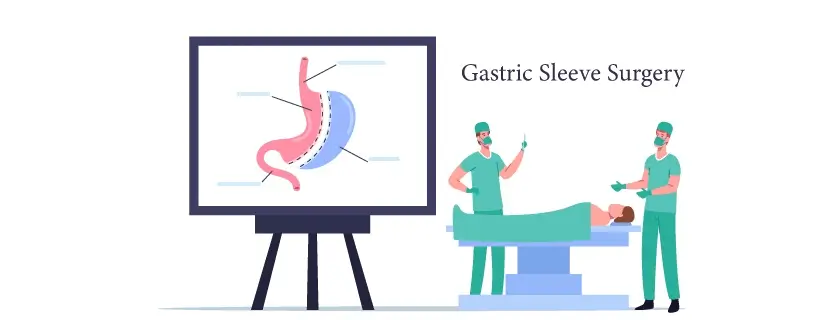
Table of Content
- What is gastric sleeve surgery?
- What are the benefits of gastric sleeve surgery?
- Are there any tests required before the gastric sleeve surgery?
- How is gastric sleeve surgery performed?
- Is there any pain after the gastric sleeve surgery?
- How effective is gastric sleeve surgery?
- Who is suited for gastric sleeve surgery?
- Are there any risks and complications associated with gastric sleeve surgery?
- What are the dietary changes after gastric sleeve surgery?
- Conclusion
One of the increasingly popular ways of tackling obesity is bariatric surgery. It is one of the most popular bariatric surgeries in which the size of your stomach is either reduced or removed resulting in rapid weight loss. The goal of gastric sleeve surgery is to make you feel full without eating a lot and lose weight in the process as it changes the metabolism of your body. It is a minimally invasive surgery that decreases the appetite and restricts the amount of food that you can eat. In this article, we will be discussing what exactly is gastric sleeve surgery and how effective it is.
What is gastric sleeve surgery?
Gastric sleeve surgery is one of the most popular weight loss procedures in the world that result in significant and rapid weight loss. Also known as laparoscopic sleeve gastrectomy, it involves the removal of about 80% of your stomach. The remaining area of the stomach is a tubular pouch resembling a banana. It is the perfect weight loss surgry option for someone who has not seen results from dietary and exercise modifications or weight-loss medications. It is also suited for candidates who are not eligible for any other weight-loss surgery because of the risk associated with medical conditions like anaemia or a high BMI. Through gastric sleeve surgery, you can expect to lose about 1 kg per week until your body reaches a healthy weight range. However, for this to happen, you have to follow the patient-specific post-operative recommendations given to you by the best gastroenterologist in Hyderabad such as lifestyle modifications (i.e., eating and sleeping on time, daily exercise for 60 minutes, etc.)
What are the benefits of gastric sleeve surgery?
Here is why you should choose gastric sleeve surgery at the gastroenterology hospital in Hyderabad over other weight-loss procedures:
- The only change done in this procedure is to the stomach’s size which ensures that the digestive functions are maintained.
- The openings and nerves of the stomach remain unaltered and intact.
- Gastric sleeve surgery is performed using a laparoscope which means that it is less invasive, and offers minimal scarring and quicker recovery.
- Since this procedure doesn’t have any effect on the digestive system, you will recover slightly faster than other procedures (usually within 48hrs to 72hrs).
- It has equal efficacy in achieving weight loss either better than lap-band or equal to gastric bypass surgeries, particularly in high morbid BMI patients.
- The hospital stay after the procedure is relatively short (about 2 days).
Are there any tests required before the gastric sleeve surgery?
Yes, in order to make the surgery safe and predictable, blood tests are performed on the patients that include checking blood group, a full blood count, cholesterol levels, and hormone tests such as - ghrelin; leptin; DHEA; prolactin; testosterone; estradiol; etc., vitamins and minerals base level, a diabetes screening test, and kidney, thyroid, and liver function test. You might also have to get a chest X-ray and an ECG along with a 2D echo before the surgery.
How is gastric sleeve surgery performed?
In most cases, gastric sleeve surgery is performed as a minimally invasive procedure that involves using a laparoscope, a light and thin tube with a camera, and other instruments attached to it. This laparoscope is inserted inside your abdomen through small incisions. Before the procedure begins, you will be administered general anaesthesia, a medicine that puts you into a deep sleep. You will need a ventilator for breathing during the procedure. During the procedure, the surgeon will divide your stomach into two parts. About 80% of your stomach’s outer curved part will be cut away and removed. Out of the remaining 20%, the edges will be stapled together using special instrumentation, creating a banana-shaped stomach which is only 25% of the original size. The whole procedure will take about an hour. After it is completed, you will be transferred to the recovery room where you will have to stay for another hour. Since the surgeon makes small incisions in the abdomen, they will heal quickly. It is because of the minimally invasive nature of the procedure that will allow you to heal faster than you would have after a procedure where large incisions are used for opening up your abdomen. Unless there is an issue, you will be able to go home in 2 to 3 days after the procedure.
Is there any pain after the gastric sleeve surgery?
Pain after this procedure is greatly reduced, mostly because it is performed using a laparoscope. However, some patients report the following symptoms immediately after the surgery:
- Pain in your left shoulder tip
- Abdominal tightness
- Stitch feeling in your upper abdominal area
However, these sensations occur sporadically for a few hours and resolve in about a day or two. Also, these discomforts won’t limit you in any way and you will be able to sit up and walk comfortably post 6 hours of completing the surgery.
How effective is gastric sleeve surgery?
There are two ways through which gastric sleeve surgery can help you lose weight:
- Since your stomach will be significantly smaller than before, you will feel full and eat less. This means that you will be taking in fewer calories.
- The procedure involves removing the part of the stomach responsible for producing ghrelin - a hormone associated with hunger. Thereby decreasing the appetite and making you feel satiated with a lesser quantity of food, for longer hours.
It is observed that 10-15% of excess weight is lost within 30 days post-surgery. It is expected that you can lose about 50% of your excess weight in just 12 months after the gastric sleeve surgery and some can even lose 60 to 70% of their weight. However, it is crucial to remember that you will only be able to see results if you stick to the exercise and diet plan recommended by your doctor. If you adopt these lifestyle changes, your weight loss will be long-term. By losing this excess weight, you will be able to significantly improve the quality of your life making it easier to perform daily activities. Also, weight loss will lower your risk of obesity-related health conditions such as obstructive sleep apnea, type 2 diabetes, hypertension (high blood pressure), hyperlipidemia (high cholesterol), infertility, and joint pains.
Who is suited for gastric sleeve surgery?
Any type of bariatric surgery including gastric sleeve surgery is recommended only to people who have not been able to see results after making strong attempts of improving their exercise and dietary habits and using weight-loss medications. Even after that, there are certain criteria you have to meet to be eligible for this procedure. These criteria are decided on the basis of whether you are suffering from an obesity-related health condition or not and your BMI (Body Mass Index). Here are the qualifying conditions for gastric sleeve surgery:
- Extreme (morbid) obesity (A BMI score of more than 37.5)
- Obesity (A BMI score between 32.5 and 37.5) with at least one obesity-related condition.
In some cases, gastric sleeve surgery can be performed if you are overweight but not obese and have a significant health condition associated with your weight.
Are there any risks and complications associated with gastric sleeve surgery?
In general, gastric sleeve surgery is a relatively safe procedure. Even though there are certain risks and complications associated with it just like with other surgeries, experienced bariatric surgical teams ensure that these are avoided. Here are a few issues that might occur after the surgery, which may require further medical treatment to correct the same:
- Haemorrhage - This occurs when the bleeding inside the body or from the surgical wound becomes severe leading to shock.
- Irregular heartbeat - The procedure can increase the risk of irregular heartbeat such as atrial fibrillation.
- Pulmonary embolism - This can occur when a part of the blood clot breaks and reaches the lungs.
- Deep vein thrombosis (DVT) - The procedure and the recovery can increase the risk of blood clot formation in the vein. The most commonly affected vein is in the leg.
- Pneumonia - Pain from the procedure can force you to take shallow breaths leading to a lung infection such as pneumonia.
- Vitamin deficiencies - The part of the stomach that was removed is partly responsible for absorbing the vitamins the body needs. If you don’t take vitamin supplements, you might have deficiencies.
- Heartburn (GERD) - Reshaping the stomach through gastric sleeve surgery can cause or worsen your heartburn. However, this can be treated using over-the-counter medications.
If you want to lose weight after gastric sleeve surgery and maintain it, you will have to change your exercise and dietary habits. If you eat unhealthy foods, eat too much, or exercise too little, you will gain the weight back. Another common concern associated with gastric sleeve surgery is the excess skin left behind as the weight loss happens. This is especially common when you lose an excessive amount of weight quickly. It can be considered a side effect of the procedure. If the excess skin is bothering you, it can be removed surgically. However, you have to remember that it will take about 18 months for the body to stabilize after the procedure. It is best to wait this long before considering the procedure for skin removal. Until then, you can try some skin tightening techniques such as daily exercise, increased water intake and a high-protein diet. One thing that you must consider before undergoing gastric sleeve surgery is that it is irreversible. If you are unhappy with the results, you won’t be able to change your stomach to the way it was before.
What are the dietary changes after gastric sleeve surgery?
Before you undergo gastric sleeve surgery, your surgeon will inform you about the lifestyle and dietary changes you will have to follow including a pre-operative liquid diet as part of the preparation for the surgery. Through these changes, you will not only be able to achieve your pre-operative weight loss but also maintain it post the surgery. Your doctor will perform a specific gastric sleeve procedure depending on the level of your obesity. Here are general dietary guidelines that you will have to follow:
- Two weeks before the procedure you will have to follow a liquid diet that is rich in protein and low in carbohydrates.
- During your first week after surgery, you will be restricted to clear liquids. You will be able to add thicker liquids, such as shakes during the 2nd week after the surgery. You will be able to eat pureed food after the 3rd week.
About one month after the procedure, you will be able to eat your regular and healthy food. However, your appetite will be less than what it was before the surgery. You won’t feel as hungry as before and get full quickly. Because of your smaller meals and limited diets, you might experience some nutritional deficiencies in the long run. That is why it is important to take multivitamins or other requisite supplements to make up for it.
Conclusion
Gastric sleeve surgery is one of the most popular bariatric surgeries that works by reducing the size of your stomach so that you eat less. Since the size of the stomach is reduced, you will get less hungry. In order to qualify for this procedure, you have to meet certain criteria. First of all, you will need to ensure that all other weight-loss methods have failed including exercise, diet, and weight loss medications. Another qualifying criterion is whether you are suffering from any obesity-related condition and how high your BMI is. Once the procedure is completed, you will have to follow a healthy exercise and diet regimen regularly. This will ensure that you are able to lose more than 50% of the excess weight in 12 months. So, if you believe that you fit the criteria for bariatric surgery, it is advised that you consult an experienced bariatric professional at the earliest, for the same.

ENQUIRY FORM
SELECT CATEGORIES
-
Neurosciences (16)
-
Neurology (37)
-
Neurosurgery (14)
-
Orthopaedics (48)
-
Oncology (33)
-
Obstetrics and gynecology (52)
-
Pulmonology (23)
-
Urology (20)
-
Nephrology (13)
-
Psychiatry (7)
-
Dietetics and Nutrition (111)
-
General Medicine (63)
-
Cardiac Sciences (32)
-
Vascular & Endovascular Surgery and Interventional Radiology (15)
-
Gastroenterology (46)
-
Endocrinology (23)
-
Plastic Surgery (10)
-
Critical Care Medicine (5)
-
COVID-19 (16)
-
Dermatology (16)
-
Emergency Care (1)
-
Ophthalmology (4)
-
Pediatrics (14)
-
Laparoscopic and Bariatric Surgery (8)
-
ENT (15)
-
Kidney Transplant (1)
-
Liver Transplantation and Hepatobiliary Surgery (5)
-
General Surgery (3)
-
Internal Medicine (5)
-
Medicine Information
Bariatric Surgery: 8 Steps to Prepare For It
Bariatric Surgery and COVID-19
YOU MAY ALSO LIKE
RECENT BLOGS
-

Preterm Birth (Premature Birth): Symptoms, Causes, Treatment and Prevention
13 May 2025
Read More
-

Rotablation Angioplasty: Benefits, Treatments, And Recovery Time
9 May 2025
Read More
-

What Is The Difference Between IUI and IVF?
9 May 2025
Read More
-

Venous Malformations: Causes, Symptoms, and Treatment
30 April 2025
Read More
-

Varicose Vein Foam Sclerotherapy: Treatment, Benefits, and Procedure
30 April 2025
Read More
-

Radiofrequency (RF) Ablation Treatment for Varicose Veins: Know More
30 April 2025
Read More
-

Varicose Vein Sclerotherapy: Treatment, Benefits, and Procedure
30 April 2025
Read More
-

Varicose Vein Endovenous Laser Ablation: Procedure, Benefits, Risks
30 April 2025
Read More
Have a Question?
If you cannot find answers to your queries, please fill out the enquiry form or call the number below. We will contact you shortly.







